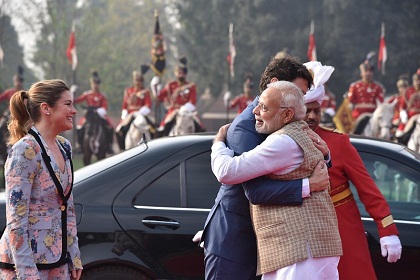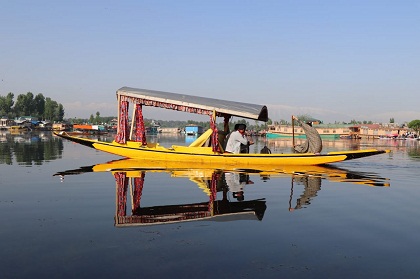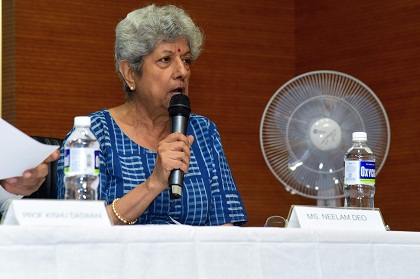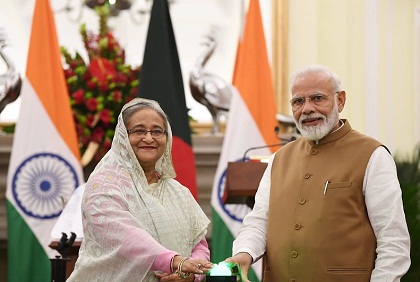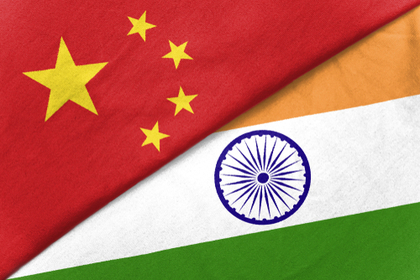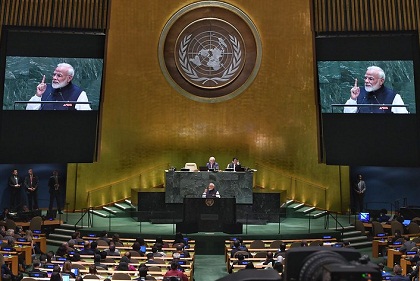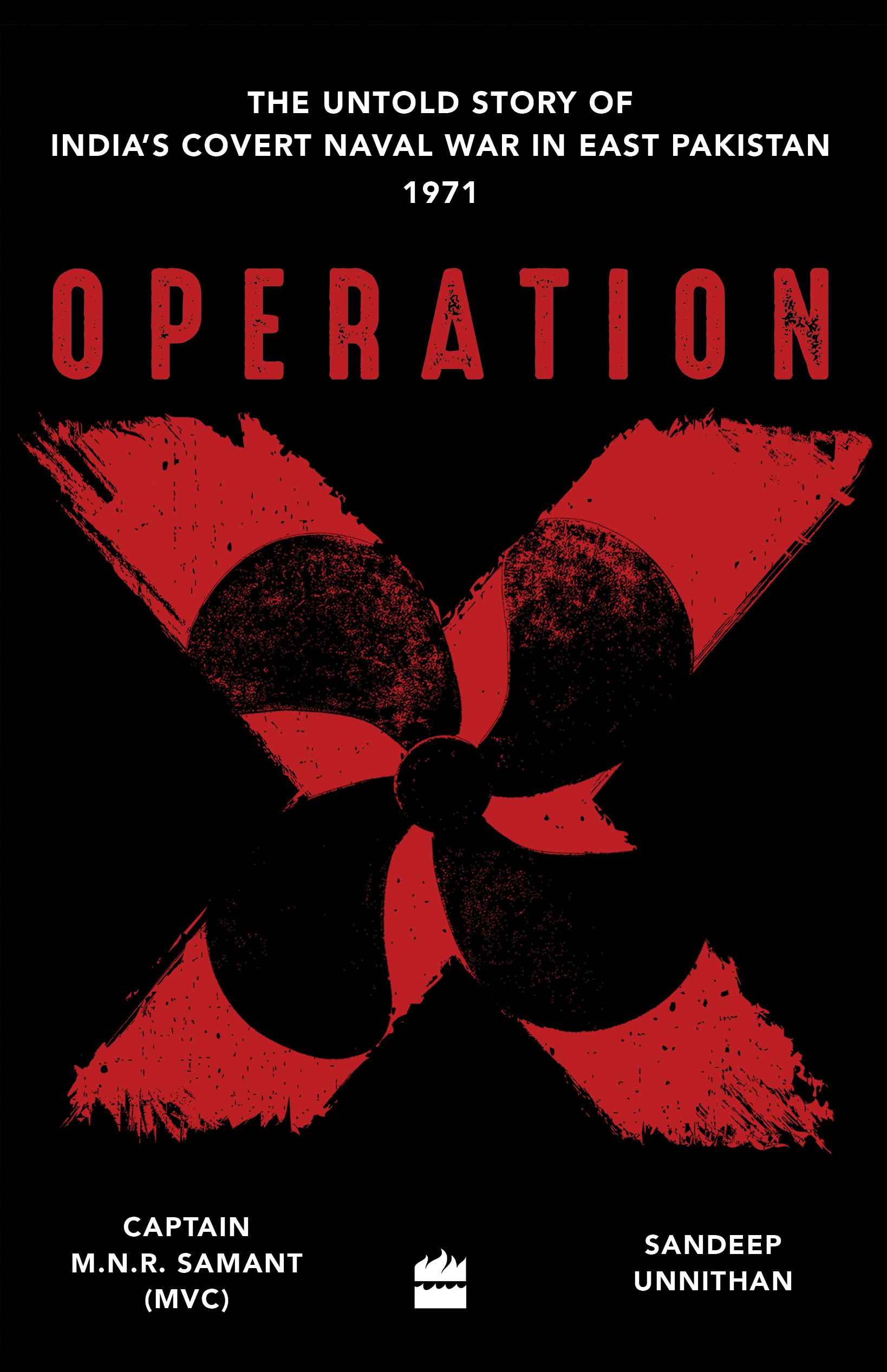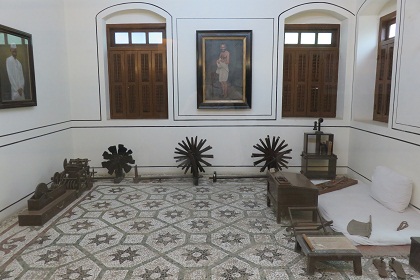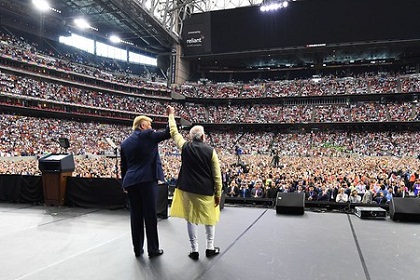India-Canada: different geopolitics, common interests
Canada, a middle power, and India, an aspiring middle power, have much to offer each other. The India-Canada Track 1.5 Dialogue, the second edition of which will be held on November 22 in Mumbai, is designed to advance the relationship. Manjeet Kripalani, Executive Director, Gateway House, in conversation with Cleo Paskal, Associate Fellow, Chatham House, who is in the city for the Dialogue and to lead a second initiative, called the Indo-Pacific Engagement

